In the fast-paced world, entertainment abbreviation have become a language of their own. They’re more than just shorthand—they’re a culture influence and a vital part of industry lingo that can make or break a conversation. Whether you’re an industry insider or a casual consumer, understanding these abbreviations can unlock a whole new layer of insight.
Entertainment Abbreviation

Entertainment abbreviation consist of reduced forms of words or phrases primarily used within media and entertainment industry. These abbreviations span several categories, encompassing TV ratings like TV-PG (Parental Guidance), GRP (Gross Rating Point), and GEC (General Entertainment Channel). In the realm of music, abbreviations refer to genres—like EDM (Electronic Dance Music)—or artist roles, such as DJ (Disc Jockey). Online, abbreviations form a critical part of the social media discourse, like FOMO (Fear Of Missing Out), BRB (Be Right Back), and DM (Direct Message).
Entertainment abbreviation hold substantial importance in today’s media landscape. They serve the dual purpose of being time-efficient shorthand and significant knowledge markers within the industry. In a fast-paced sector like entertainment, these abbreviations speed up communication and provide quick comprehensibility of complex terms and trends. For instance, the abbreviation PVOD (Premium Video On Demand) concisely portrays the business model of paying a premium to access new film releases digitally.
Common Entertainment Abbreviation Explained
TV and Film Abbreviations
The television and film industries are bustling with abbreviations. For instance:

- VFX: Short for Visual Effects, it refers to the various processes by which imagery is created and enhanced outside the context of live-action shot.
- ADR: (Automated Dialogue Replacement) is used when the original audio isn’t satisfactory, prompting actors to re-record their lines in a studio environment.
- CGI: (Computer-generated imagery) is the application of 3D computer graphics to special effects in films, television, and other media.
Having a handle on these abbreviations proves valuable when discussing industry-specific topics like production processes or critiquing visual effects in film and TV content.
Music Industry Abbreviations
The world of music is not without its fair share of abbreviations. This industry uses quite a few examples like:
- EP: An Extended Play record, is a musical recording that contains more tracks than a single but is too short to qualify as a full studio album.
- BPM: Beats per minute, a unit of measure used in music to denote the tempo of a song or piece.
Knowledge of these abbreviations fosters a sharper understanding when engaging with musical content or in discussions about specific aspects of music production or song compositions.
Gaming and Esports Abbreviations
Much like other sectors of entertainment, the gaming and esports niche uses unique abbreviations. Common examples include:
- MMORPG: Stands for Massively Multiplayer Online Role-Playing Game, a genre of gaming where a vast number of players co-exist in a virtual world.
- NPC: (Non-player character) is a character in the game which isn’t controlled by a player.
- DLC: (Downloadable Content) includes additional content that players can download to enhance or extend their gaming experience.
The Role of Abbreviations in Industry Communication
Streamlining Communication & Enhancing Market Reach

Abbreviations play a vital role in speeding up communication within the entertainment industry. They function as a quick shorthand, representing complex concepts or lengthy phrases in just a few characters. For instance, ‘VFX’ indicates ‘Visual Effects’, ‘ADR’ stands for ‘Automated Dialogue Replacement’, and ‘CGI’ represents ‘Computer-Generated Imagery’. Abbreviations aren’t limited to professional exchanges. Many of them extend to customer communication, contributing to a shared understanding and enriched engagement.
In an era defined by rapid information flow, crisp and compact communication often drives market reach. Engaging audiences effectively hinges on the ability to provide information succinctly. Abbreviations in the entertainment industry serve this purpose by condensing extensive information into easily-understandable terms.
Music industry abbreviations such as ‘EP’ for ‘Extended Play’, and ‘BPM’ indicating ‘Beats Per Minute’ give concise insights into music types and attributes. Social media slang abbreviations, popular in engaging younger audiences, further broadens market reach.
Must Know
Entertainment abbreviation aren’t just industry jargon—they’re essential tools for quick, efficient communication. From TV ratings to music genres, they’re everywhere. They’re not only used by professionals in TV, film, music, and gaming but they’re also becoming more common in everyday conversations.

